
While traditional inventory methods have worked in the past, the integration of technology offers a more accurate, efficient, and streamlined approach.
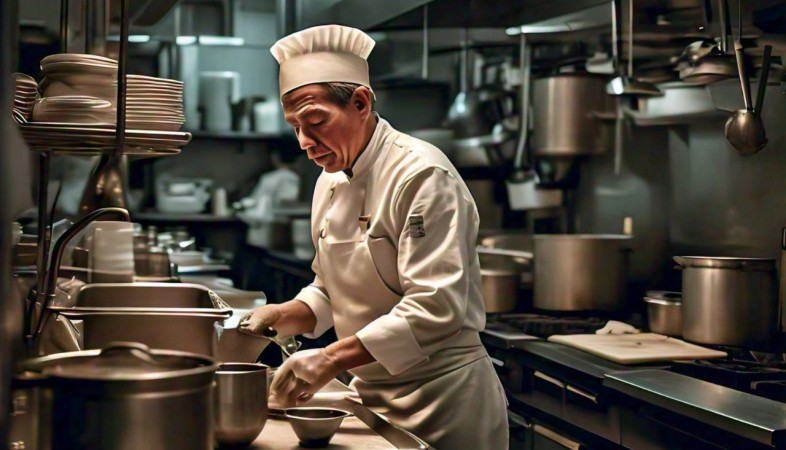
Cross-training, the practice of teaching employees multiple roles within the kitchen, can benefit kitchen stewards and the entire culinary team.
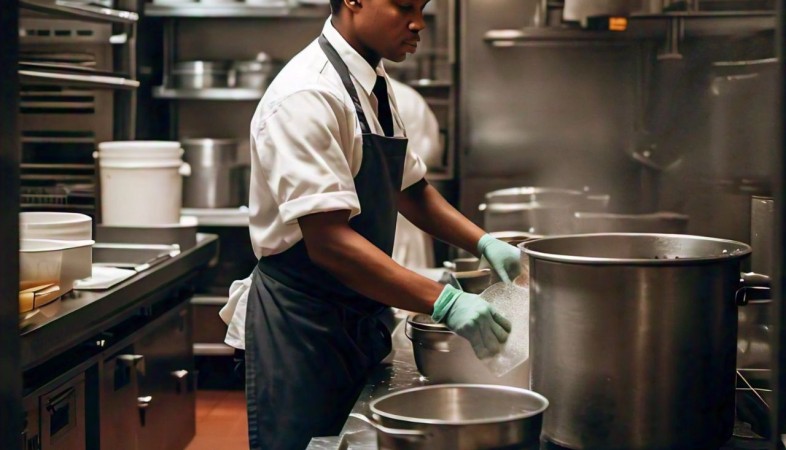
Given the high-pressure environment of a kitchen, training kitchen stewards effectively is crucial to maintaining smooth operations.

They are key players in maintaining the kitchen’s efficiency, safety, and overall success, impacting the entire operation from start to finish.
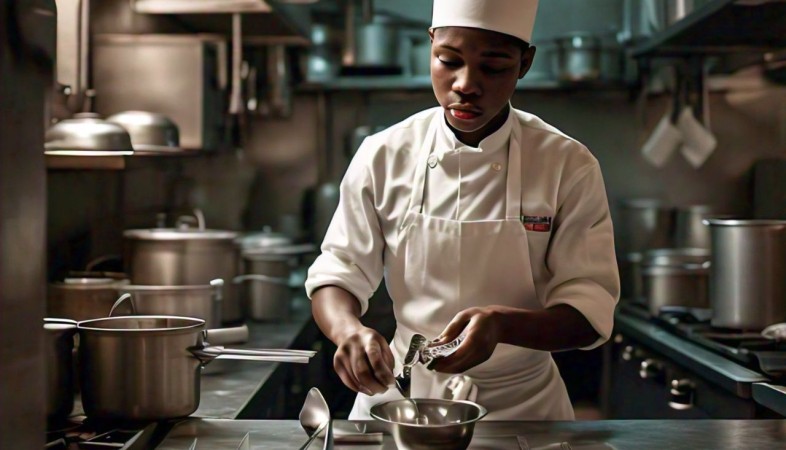
Proper management of kitchen supplies, utensils, and food stock can significantly impact a kitchen’s efficiency, cost control, and sustainability.

Addressing staffing challenges in this area requires a strategic approach that includes proper recruitment, training, retention, and optimization of workflows.

Commercial kitchens, whether in restaurants, hotels, or catering services, generate significant amounts of waste daily, including food scraps, packaging materials, and kitchen supplies.
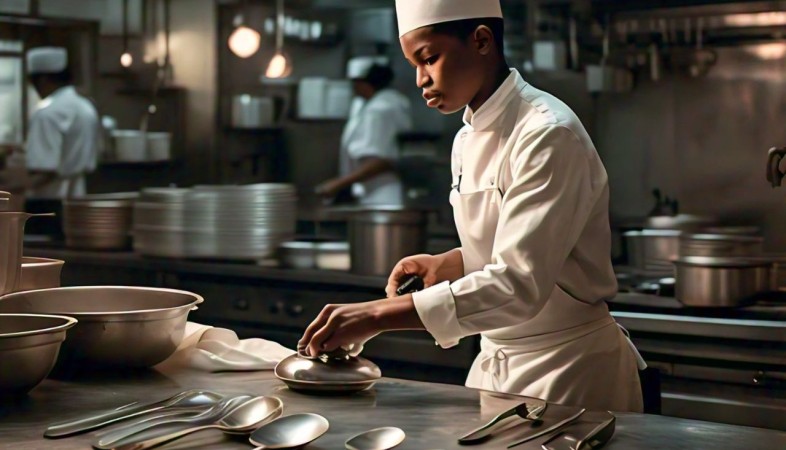
Training and development programs are essential for empowering stewarding staff to excel in their roles and contribute to the overall success of a commercial kitchen.
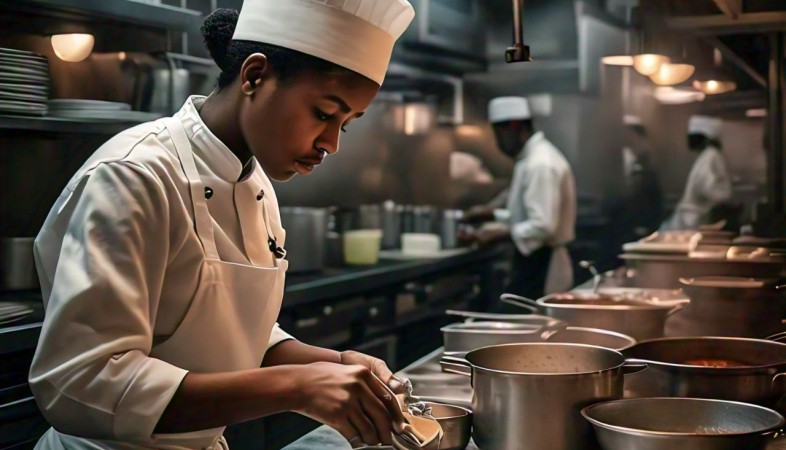
The future of kitchen stewarding is characterized by emerging trends and technologies that are reshaping the industry landscape.

The art of hygiene transcends mere cleanliness to become a visual representation of excellence in stewarding.
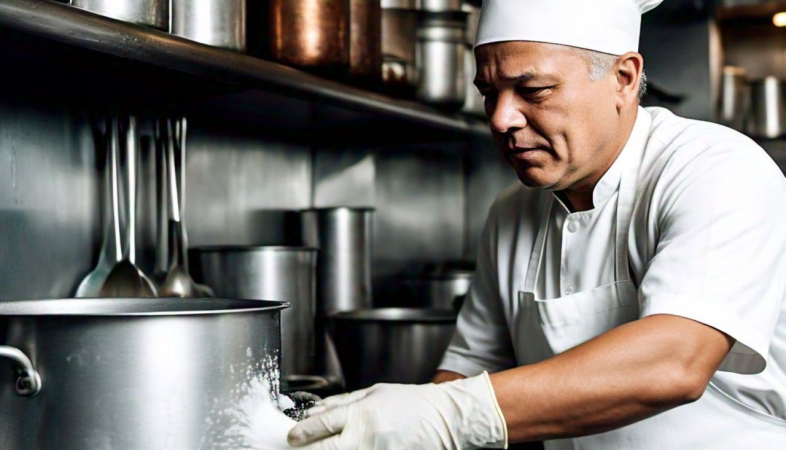
Traditionally, kitchen stewarding involved manual tasks such as dishwashing, cleaning, and maintaining kitchen hygiene.

Efficient kitchen stewarding is a cornerstone of successful hotel operations.
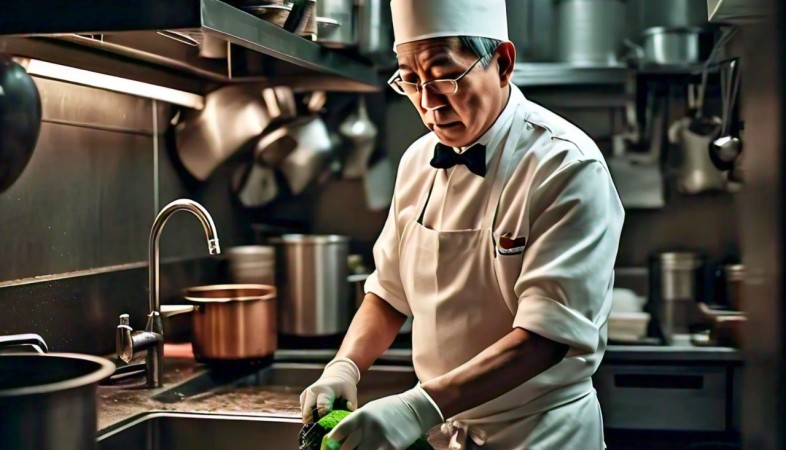
The evolution of kitchen stewarding job roles underscores the adaptability and resilience of the hospitality industry in responding to changing trends and demands.

Beyond maintaining cleanliness and organization, kitchen stewards play a significant role in managing resources and controlling costs.
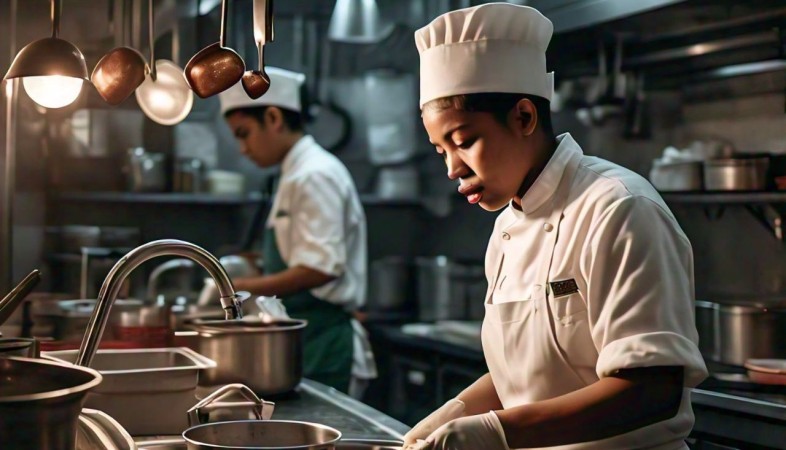
Kitchen stewards are the backbone of any successful restaurant.

Inclusive stewarding not only promotes a positive atmosphere but also enhances productivity and employee satisfaction.

Adopting eco-friendly approaches to cleaning chemicals not only promotes sustainability but also ensures a safer working environment for staff.

Kitchen stewards play a role in onboarding new staff members and training them on proper cleaning techniques, hygiene practices, and kitchen protocols.
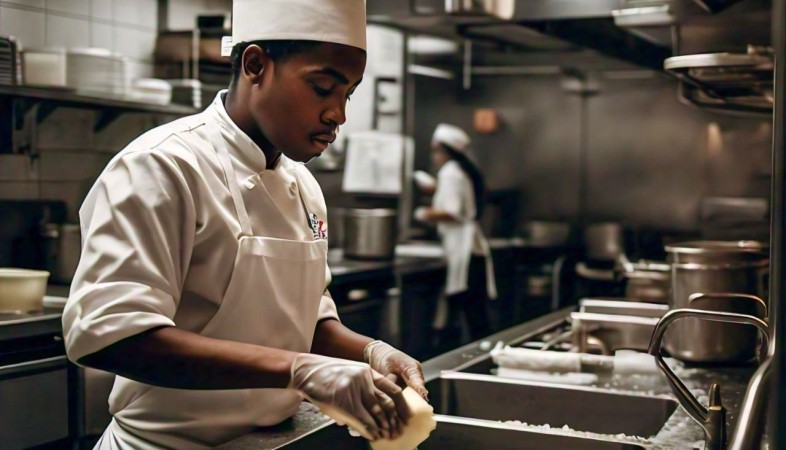
Creating a positive work environment is essential for fostering collaboration.

Maintaining cleanliness and hygiene is a primary responsibility of kitchen stewards.